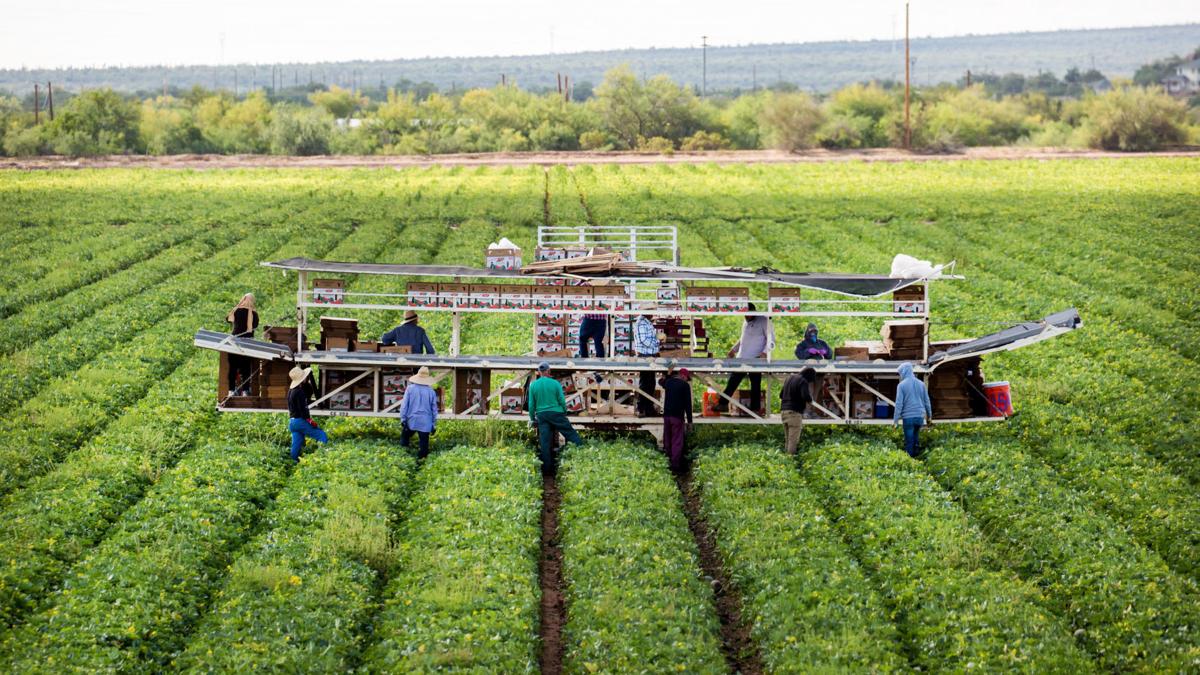PHOENIX — A House panel quashed a bid Monday by Pinal County farmers to get state funds they say they need because of the drought contingency plan.
The 5-5 vote in the Appropriations Committee kills House Bill 2590, which would have advanced $20 million to irrigation districts to drill new wells and construct canals. That would partly make up the reduction in Colorado River water to be delivered to the Pinal County farms under the drought plan.
The plan was for the money to be paid back once the districts get an anticipated grant from the federal government, said Rep. David Cook, R-Globe. He said the cash is needed now because it’s not known how long the feds will take, and the wells must be pumping by 2022.
But several lawmakers from both parties questioned why state taxpayers should be on the hook, especially after they said the drought contingency plan approved late last month already has some cash for the farmers.
Cook reacted angrily to Monday’s vote. He is likely to try to resurrect the issue when lawmakers begin debating the $11.4 billion state budget for the coming fiscal year.
The drought contingency plan is how Arizona intends to deal with the fact that its Colorado River allocation will be cut by about 18 percent when Lake Mead’s level drops to a point that triggers automatic cutbacks. Pinal farmers are expected to take a big portion of that hit.
Part of the plan involves allowing the farmers to replace some of what they are losing in river water with groundwater.
The drought plan has a $9 million appropriation, along with an $8 million reduction in property taxes.
Cook, however, told lawmakers that the actual cost for four major irrigation districts is at least $37 million, with the price tag possibly as high as $50 million for all Pinal farmers.
Some of the opposition is from those who question whether the state should facilitate the pumping of more groundwater, especially in an area where there has been a history of ground subsidence.
The request for the extra dollars left several lawmakers cold.
House Minority Leader Charlene Fernandez, D-Yuma, suggested the farmers were trying an end run of sorts. She said the extra $20 million was not in the original drought contingency plan.





